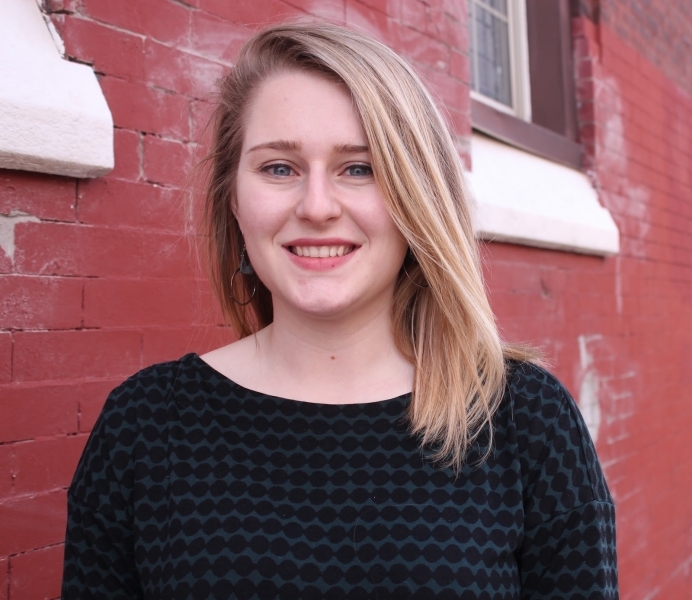When Elaina Hawkins began her freshman year at Temple, she was like many others: a student with a world of potential but uncertain about what she wanted to study. Growing up, she was constantly exposed to the Spanish language because her father spoke it for work. She had these experiences in mind when she sat down with an advisor and eventually declared secondary education with a concentration in Spanish as her major. Almost immediately, she realized that she had made the right decision. Education quickly became her passion.
It was during her study abroad experience in Oviedo, Spain through the Temple Study Abroad Program that an advisor reached out and suggested that she apply for the Fulbright Scholarship. She spent months crafting, revising, and rewriting her application essays. With very little space (one page!) to capture her past experiences and her future plans, she understood that it essentially had to be perfect. The process, she says, taught her the value of patience. After starting the application process last June, she was notified that she was a semi-finalist in January and finally in April, she learned that she had received the scholarship. Now, she is preparing to leave in September to spend a year as an English teaching assistant in a high school classroom.
"Education does not occur in a vacuum," she says, summarizing what she has learned from the professors she's worked closely with for the past four years. And indeed, she notes that the faculty in her program have been highly influential in shaping the scholar she is today, as well as her philosophy about education as a whole. Among the many individuals who have helped shaped her as a future educator are Drs. Jill Swavely and Elvis Wagner. She characterizes her time with them as almost a "ripple effect." She says they have opened her eyes to the possibilities there are for educators. "I just want to do more and do better for my students." Their passion for education, she says, was infectious. She also notes that her time at Temple has been particularly unique as the urban environment provides a rich opportunity to work with students from a variety of backgrounds which in turn better equips education students to reach more students more effectively.
Looking ahead, Hawkins sees the potential for innovation as she reflects on her own experiences as a second language learner. She emphasizes the frustration of spending several years in her own secondary education learning Spanish and then still not being able to apply it as easily as she would have liked during her time in Spain. She wants to focus her time in Spain immersing herself in the culture and language so that upon her return to the US, she can provide not only an authentic Spanish education to her students, but a practical one. She wants to focus her efforts on building communicative language in students who then can take their new Spanish skills and apply them in their daily lives more effectively. This, she notes, is an opportunity to make a difference and challenge the way language is currently taught. Her time as a Fulbright Scholar is the first step toward making this happen.

